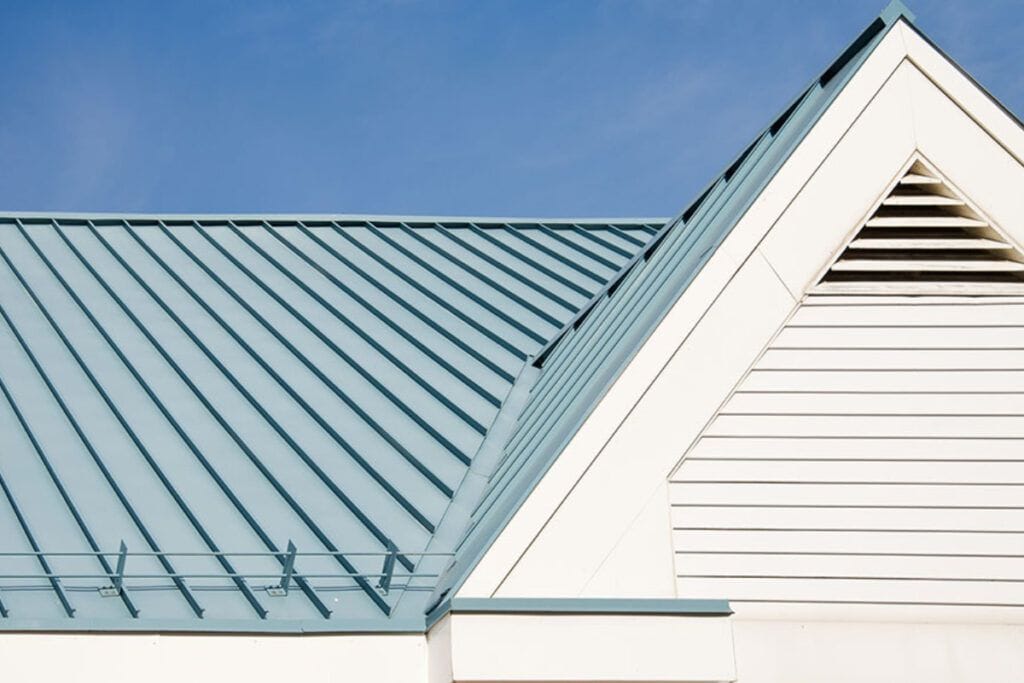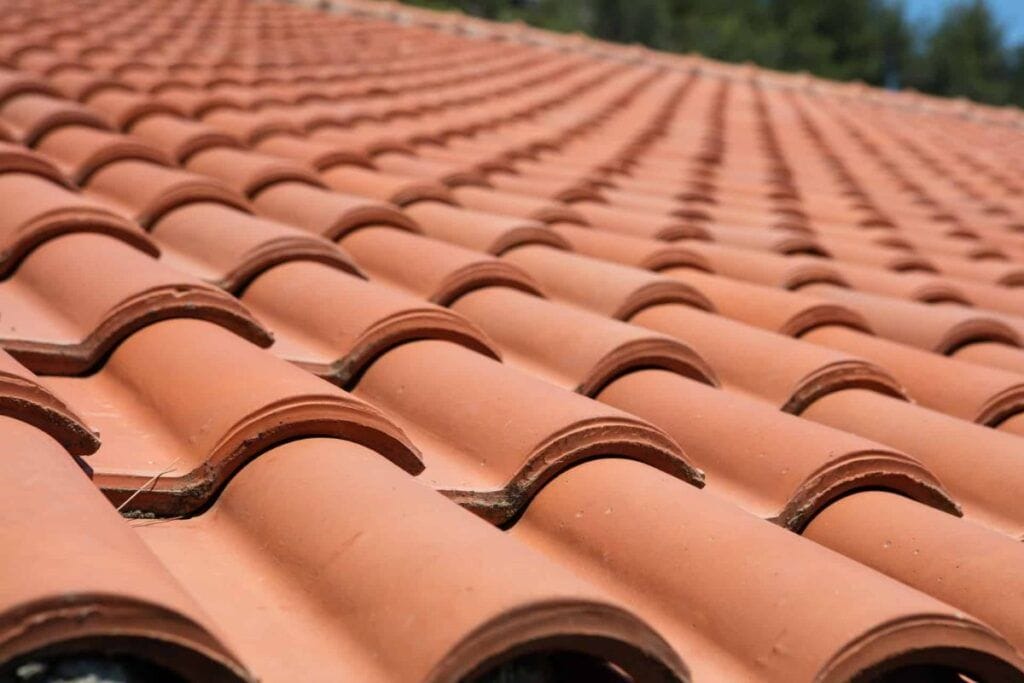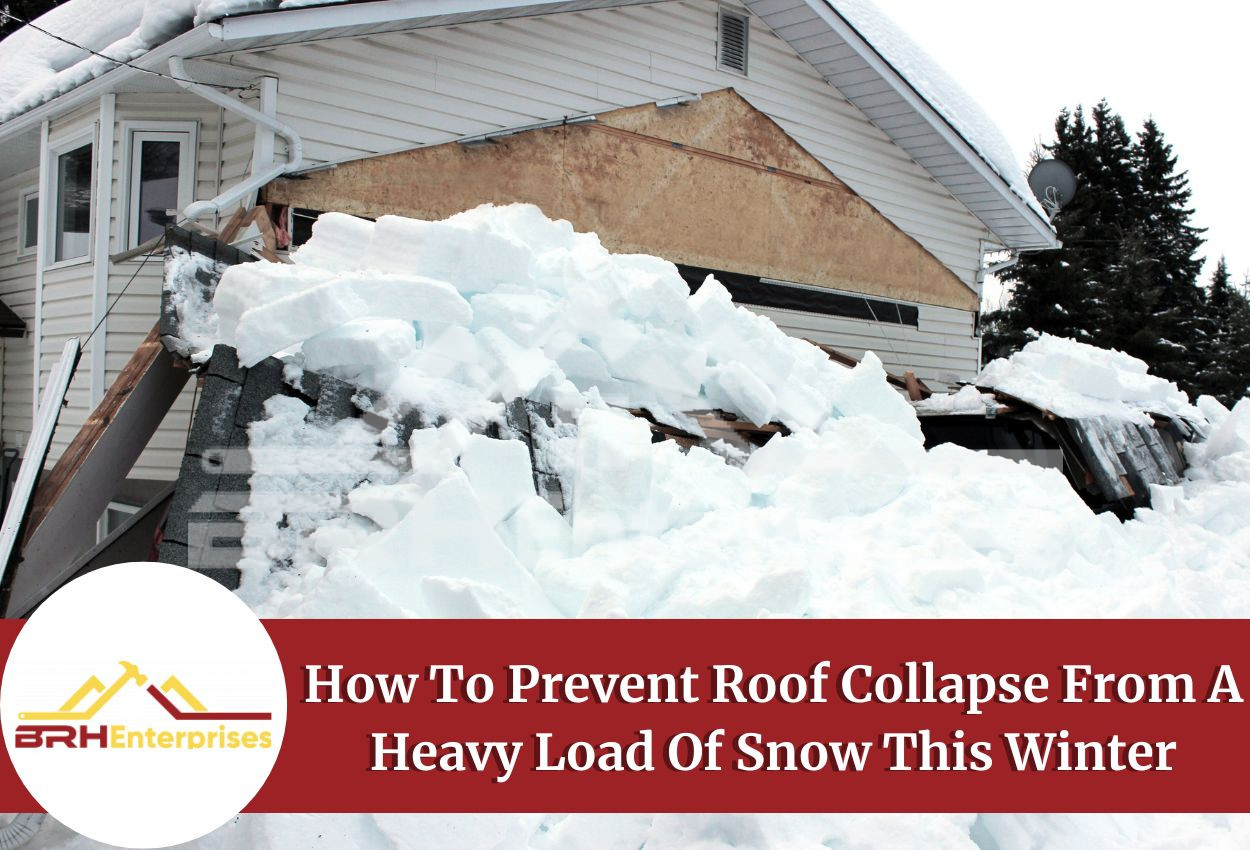The roof of your home protects your property from all types of weather, including rain, hail, snow, UV rays, and wind. Apart from this, a roof is a significant investment homeowners make to increase their home’s curb appeal. But what if your roof isn’t correctly installed? What if its foundation was laid during a season not usually preferred for roof installations?
If you’ve been wondering if you can start a roofing project in the winter, the simple answer is yes. But, many experts don’t recommend roofing in winter because of the cold and unpredictable weather conditions. Before making a final decision, there are many other factors you should consider about conducting roofing projects in winter. This blog post will discuss everything you need to know about roofing in the winter and help you make an informed decision for your property.
Pros and Cons of Roofing in the Winter
While roofing in general isn’t recommended in winter, you can replace or repair your roof during the season, depending on many factors, including your location, local climate, and the roofing material you are going to install.
For instance, homeowners in Wisconsin know the local weather patterns. They are aware of how snowy and cold it gets in the winter. The temperature in Wisconsin can dip so low that roofing, whether replacement, repair or a new roof installation, can lead to problems in the long run.
For a roof to remain functional and last its full lifespan, a proper installation is necessary. Plus, roofing in winter poses more safety risks. Removing snow and ice from the roof before starting construction can be dangerous, and the conditions can create unsafe and slippery work surfaces.
Moreover, roofing in winter can be problematic if you’re using asphalt shingles, which become hard and brittle due to freezing temperatures. Instead, dry and warm weather conditions are considered the ideal conditions for roofing projects.
Another major reason why homeowners don’t often start roofing projects during winter is because of the roofing process itself. Roofing usually means removing the old materials, which can expose the roof deck and the home interior to extreme temperatures, making living conditions unpleasant for homeowners.
Ideal Temperatures For Installing Different Roofing Materials
Asphalt Shingles:
Asphalt shingles, especially fiberglass shingles, are best installed in temperatures ranging from 40°F to 85°F. As said earlier, these shingles can become brittle in very cold temperatures, making them more prone to damage while handling. On the other hand, in extremely hot weather, they can become soft and may not seal properly.
Also Read: What Kind Of Roof Is Best In Wisconsin?
Metal Roofing Panels:

Unlike asphalt shingles, metal roofs can be installed during any season, regardless of the temperature. Due to their durability and rigidness, metal roofing panels can easily withstand colder weather conditions. However, metal panels are naturally prone to expand and contract, and installing them in extreme temperatures may result in oil canning or a warped appearance. Moreover, extreme cold can make metal panels more rigid, potentially making them more challenging to work with.
Also Read: When It Comes To Metal Roofing Systems, Here’s What 2023 Has In Store
Clay and Tile Roofs:

Clay and tile roofing materials can be installed in a wider temperature range compared to asphalt shingles or metal roofing panels. They can be installed in any season, from hot summers to chilly winters. Since they are more immune to extreme temperatures, clay and tile roofs can be installed in a variety of climates with fewer issues. While you can schedule a clay or tile roof project anytime, this doesn’t mean it is best done in winter.
Benefits You Can Expect From Roofing in the Winter
1. Availability of Roofing Contractors:
Winter is typically the off season for many roofing contractors. With lower demand for roofers in winter, you’re more likely to get the services you need from the most experienced professionals. In addition, contractors may be more open to negotiation, potentially leading to cost savings on your project.
2. Early Detection and Prevention:
Winter often brings harsh weather, including rain and snow, which can reveal existing roof issues such as leaks, cracks, or damaged areas. Addressing these problems promptly can prevent further damage, reducing the chances for extensive, and expensive repairs in the future.
3. Cost Savings:
Due to the low demand for contractors during the winter season, you may benefit from more competitive pricing for roofing services. This can result in savings on your roofing project, making it a financially sound decision.
Commons Problems With Winter Roofing Projects
1. Icy Roof Surfaces:
One of the primary challenges of winter roofing is dealing with icy roof surfaces. Snow and ice accumulation can make the roof slippery, increasing the risk of accidents for roofing professionals. Ice can also create uneven surfaces, making it challenging to install roofing materials correctly.
2. Difficulty Handling Roofing Materials:
Cold temperatures can make roofing materials, especially asphalt shingles, brittle, hard, and challenging to handle. This can lead to difficulty in cutting and installing materials, which can potentially compromise the quality of the roof installation. Moreover, roof condensation is a serious problem in winter for Wisconsin homes, which requires extra attention from contractors.
3. Improper Sealing and Adhesion:
Extreme cold temperatures can affect the adhesive properties of roofing materials. Roofing in winter can lead to improper sealing and adhesion. This issue can result in leaks and poor insulation, impacting the overall performance of your roof.
4. Heating Costs:
To maintain a relatively stable working environment on the roof during the winter, roofing professionals may need to use additional heating equipment. This can add to the overall project cost. Plus, as mentioned earlier, roofing often involves removing the old materials and exposing the roof deck, which can result in higher heating costs for homeowners during construction.
3 Things You Should Never Forget When Roofing in the Winter
1. Timing Is Everything
Winter roofing requires strategic timing. You’ll want to plan your project during milder winter weather, especially when the temperature is consistently above freezing. Roofing materials, such as shingles, metal panels, and adhesives, can become brittle and less effective in winter.
Apart from this, extreme cold can make the entire process much more challenging for the roofing professionals in Wisconsin.
2. Ice Dams and Snow Removal
During winter, the buildup of ice and snow on your roof can pose a serious threat. Ice dams can cause damage to your roof eaves and deck. Before any work can begin, the ice and snow will need to be removed from your roof. To prevent ice dams, consider installing proper insulation and ventilation in your attic to maintain a consistent temperature on your roof.
3. Professional Expertise Is Key
Roofing in the winter is not a DIY project. It requires specialized skills, equipment, and experience. Hiring a professional roofing contractor who is well versed in winter roof installations is critical to successful roofing.
Additionally, a skilled roofer will take the necessary precautions to ensure the safety of their crew and the integrity of your roof. They must be proficient at handling the challenges of working in cold weather, such as using adhesives in low temperatures.
Keep these problems in mind as you schedule your roofing repairs or replacements in winter. The ideal time for winter roofing is typically in late fall or early spring when the weather is more predictable.
Final Thoughts
Now that you know the answer to the question: can you schedule roofing projects in winter, you can make the right decision for your home. Roofing in the winter is possible, but it comes with unique considerations and challenges. Timing your project correctly, addressing ice dams and snow removal, and hiring a professional roofing contractor are the three key elements to successful roofing in winter. For any roofing project, strategic planning is everything. Don’t settle for less experienced and unskilled roofers in Wisconsin.
Contact BRH Enterprises For Your Roofing Project In Wisconsin!
If you are considering replacing an existing roof or installing a new one, contact BRH Enterprises in Wisconsin. The roofers at the company are well versed and proficient at handling any roofing project. Contact us today at (920) 249-4228 and consult a professional about your roofing needs.

Bryce, Master Roofer
Protect Your Home with Expert Roofing
Don’t wait for leaks or storm damage to cause costly repairs. Our experienced roofing team provides fast, reliable service, high-quality materials, and lasting results. Ensure your home stays safe, secure, and looking great—contact us today for a free estimate.





